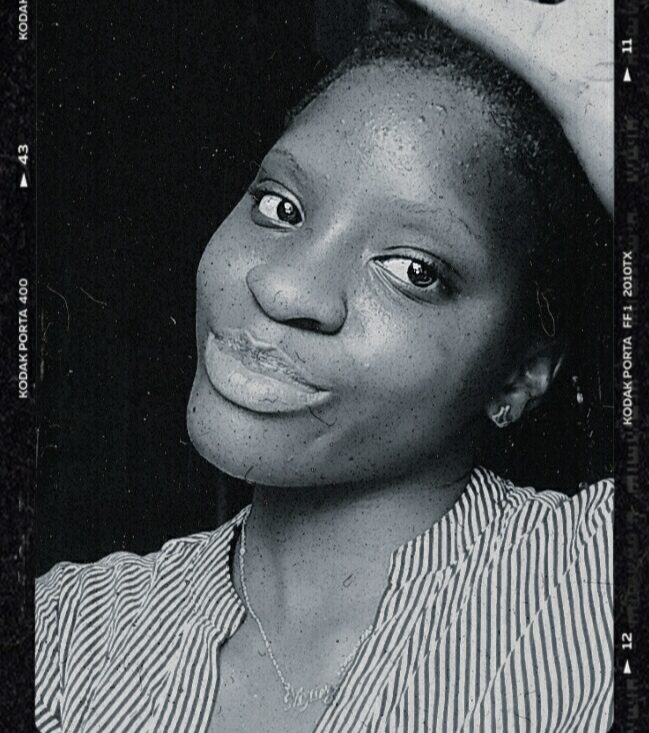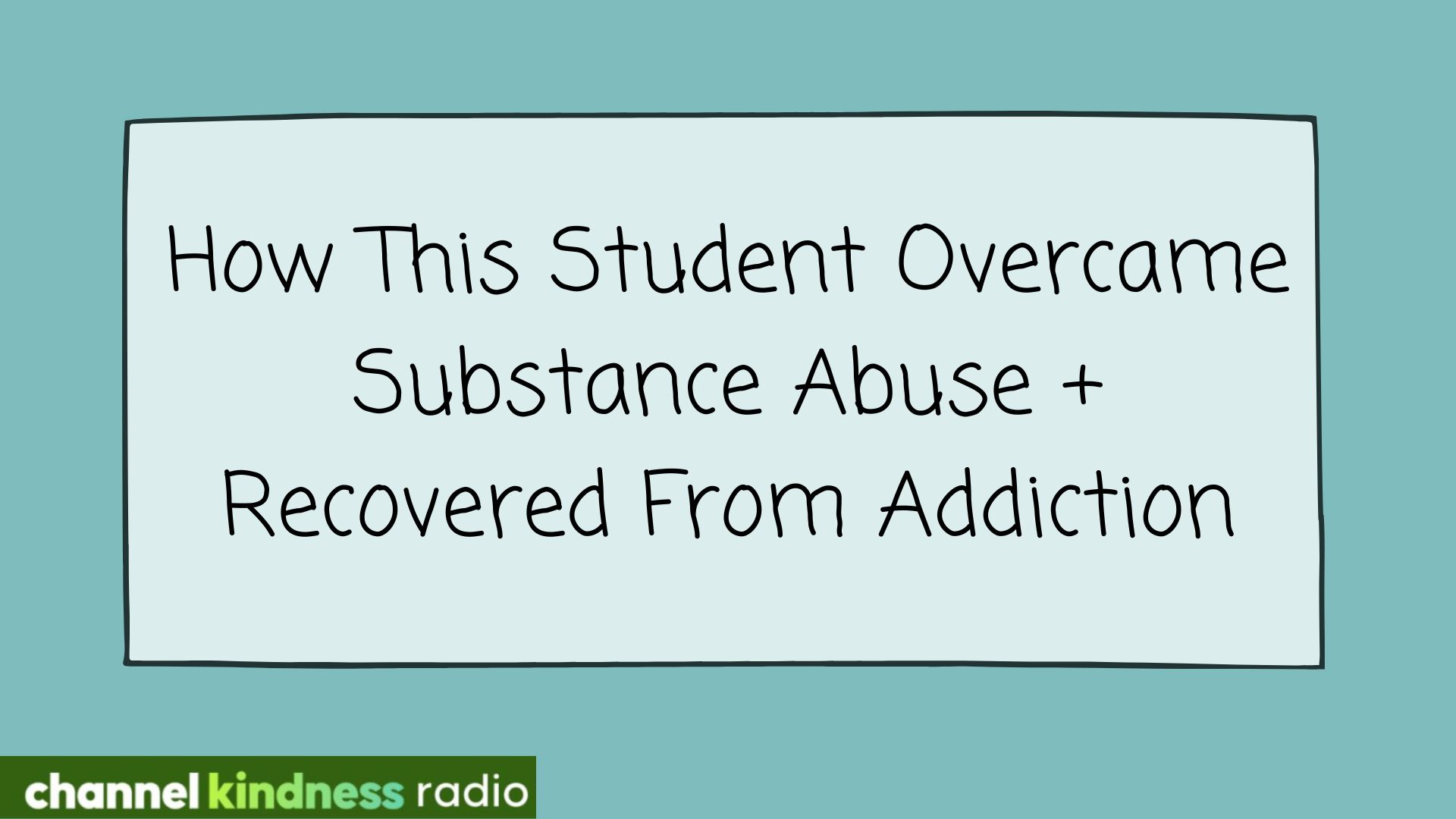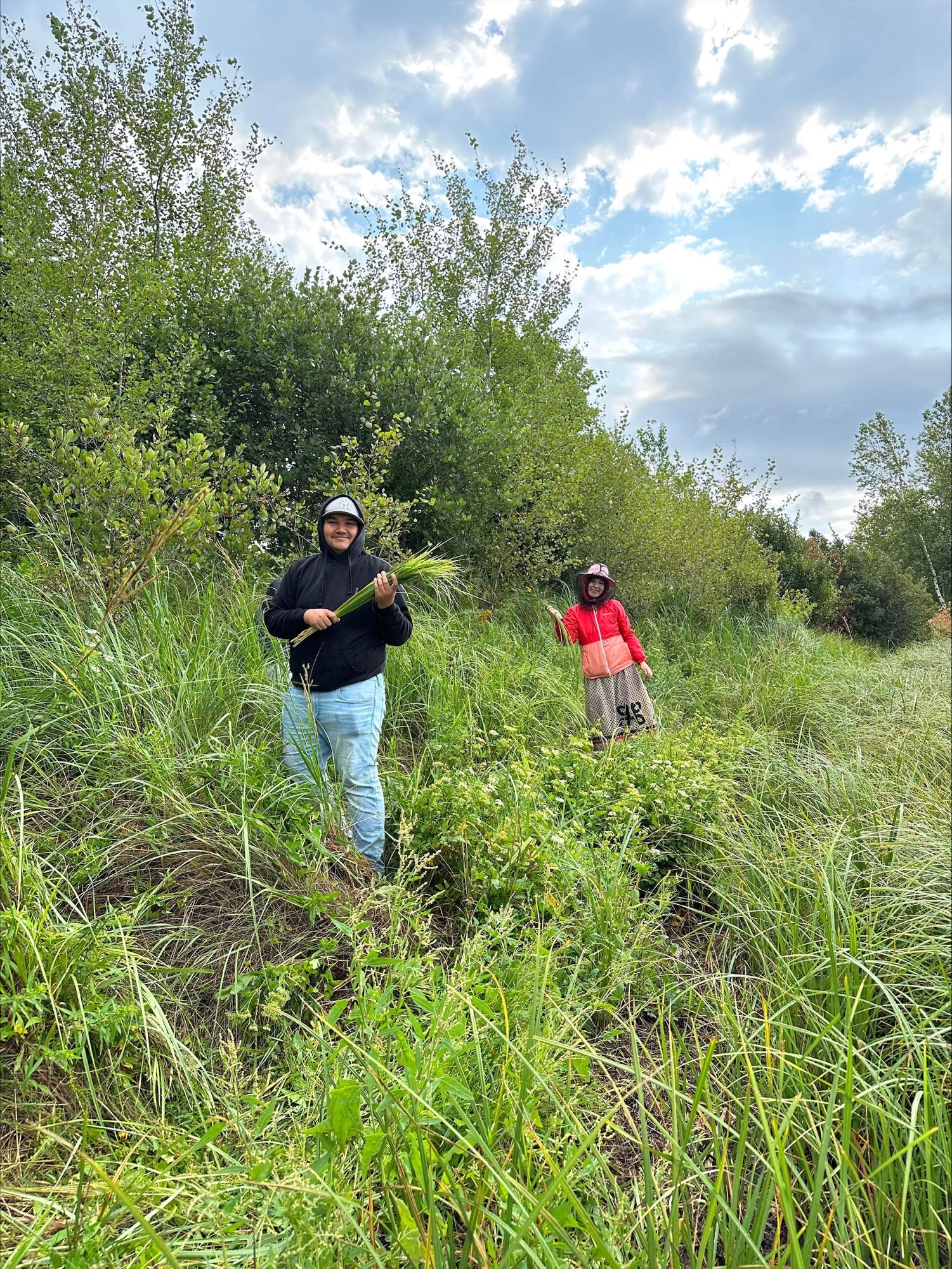Maya Smith is Executive Director of Born This Way Foundation.
Our latest report, Youth Mental Health in America: Understanding Resource Availability and Preferences, is here and reading these young people’s stories reminds me so much of my own experience growing up.
In the kitchen of my childhood home, we had a phone on the wall with a long cord. It rang all day and I would sit on the stairs next to the kitchen twisting the rubber through my fingers and talking to my friends about everything from our classes and teachers to if Devon Sawa was hotter than Jonathan Taylor Thomas (he’s not, in case you’re wondering). If my parents tried to make a call, the phone would click and I would sigh and say, “Mommmm, I’m on the phone.”
One weekend morning the phone rang and it was one of my closest friends. She had decided to run away and she was calling from a pay phone in the Hoboken train station. She told me she only saw two ways out, running away or ending her life. This was not the conversation that I was used to having on those brown-carpeted stairs and I did not know what to tell her. I put the phone down, making her promise to hold on, and I got my mom. I sat next to my mom while she calmly listened, firmly spoke, and collaboratively problem solved. My friend returned home, and she is alive and thriving today.
I am fortunate to be the daughter of a psychoanalyst, a woman who listened non-judgmentally and a woman who – though she may have closed the door to her bedroom and cried many nights about the conversations she had to have with me and with my friends – showed up every day to listen, share, and connect.
This week, Born This Way Foundation released our latest research which you can read in full detail here. It can be easy to make assumptions about how young people are feeling or what they need, but we believe the only way to actually know is to ask youth themselves. So that’s what we did. We asked more than 2,000 young people ages 13 to 24 across the country to tell us about their own perceptions of their mental health as well as their access to and opinions about a variety of mental health resources. And here are three facts that stand out most to me:
- One in three young people don’t have reliable access to the resources they need to maintain their mental health.
- When asked what barriers are stopping them from accessing those resources, nearly half (47%) of young people said they don’t know where to go to find them.
- Far too many young people are unprepared for common but serious and potentially life threatening situations, with 48% of young people saying they would not have the resources needed if they felt suicidal.
This hits home for me, not just because of that call more than two decades ago, but also because of the young people I meet and talk to every single day. I know young people value their mental health – our survey agrees with nearly 90% of respondents reporting mental health is a priority – and I know they want to help themselves and each other, both in times of crisis and proactively every day. The conversation my mom had sitting on those carpeted steps was the urgent and hopeful one my friend needed in that moment and is the same type of conversation young people today need to be able to have with people who are trusted and prepared.
I want to tell you about this research both because I am proud of it as the Executive Director of Born This Way Foundation and because I believe in listening to young people, asking them to solve the problems they are facing by imagining the world they want to live in, and then leveraging every platform, relationship, and network I have to help them achieve that vision. I know that when tasked with addressing the mental health crisis in our country and in our world, young people are and will continue to rise to the challenge and rely on their resilience, passion, collaboration, and lived experience.
I also want to tell you about this research (and ask that you share it, far and wide). As a mother, daughter, wife, aunt, friend, and neighbor, I can only hope my daughter will hand me the phone one day and I’ll be able to support her in the same way my mom supported me. And until then (she’s three), I want you to know the members of the Born This Way Foundation team bring each of our roles to work with us each day and we do this work for ourselves and for each other – for deeply personal and important professional reasons. We are committed to amplifying and sharing stories, modeling and supporting conversations, and building and supporting resources and solutions and I know I speak for all of us when I say it is our privilege to do this work and to share this important research.














